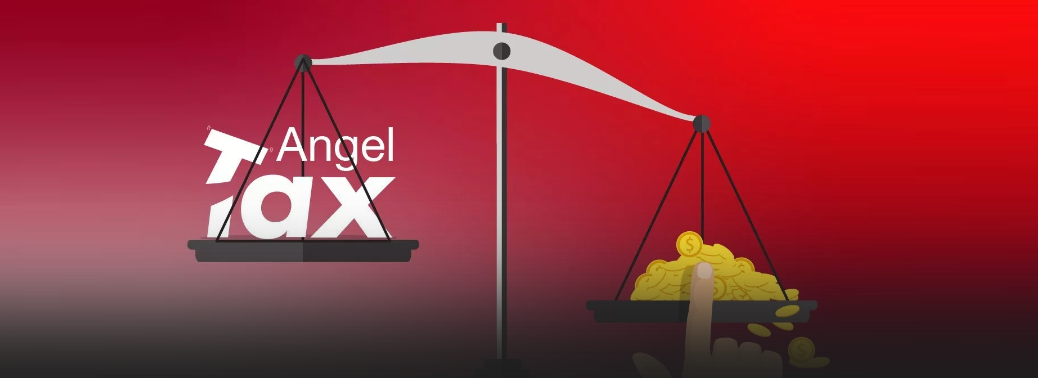Angel tax: CBDT, DPIIT trade blame for delay in resolving issue
21, Mar 2019

Prelims level : Taxation
Mains level : GS – III
Tussle between the Central Board of Direct Taxes and the Department for Promotion of Industry and Internal Trade over the infrastructural roadblocks to finding a solution to the angel tax issue, both bodies have passed the buck to the other in order to resolve the problem.
What is Angel Tax?
- Angel Tax is a 30% tax that is levied on the funding received by startups from an external investor. However, this 30% tax is levied when startups receive angel funding at a valuation higher than its ‘fair market value’. It
- is counted as income to the company and is taxed.
- The tax, under section 56(2) (viib), was introduced by in 2012 to fight money laundering. The stated rationale was that bribes and commissions could be disguised as angel investments to escape taxes. But given the possibility of this section being used to harass genuine startups, it was rarely invoked.
Why is Angel tax problematic?
- There is no definitive or objective way to measure the ‘fair market value’ of a startup. Investors pay a premium for the idea and the business potential at the angel funding stage. However, tax officials seem to be assessing the value of the startups based on their net asset value at one point. Several startups say that they find it difficult to justify the higher valuation to tax officials.
- In a notification dated May 24, 2018, the Central Board of Direct Taxes (CBDT) had exempted angel investors from the Angel Tax clause subject to fulfilment of certain terms and conditions, as specified by the Department of Industrial Policy and Promotion (DIPP) now renamed as the Department for Promotion of Industry and Internal Trade. However, despite the exemption notification, there are a host of challenges that startups are still faced with, in order to get this exemption.
Proposed reforms:
- Earlier, start-ups whose aggregate amount of paid-up share capital and share premium after the proposed issue of share does not exceed ₹10 crore are eligible for exemption from the tax. The government is planning to raise this limit to ₹25 crore.
- It is also planning to amend the definition of a start-up to include companies that have been in operation for up to 10 years rather than the previous limit of seven years.






